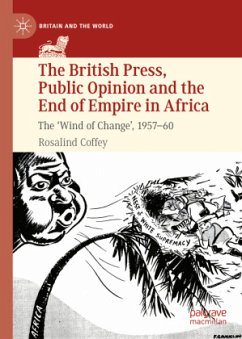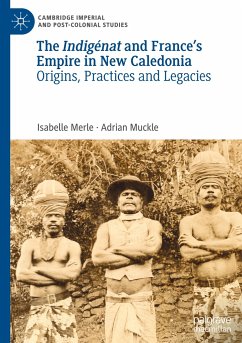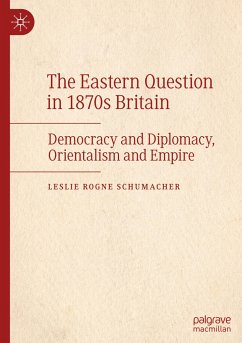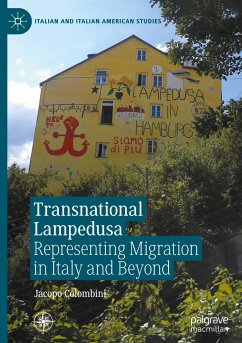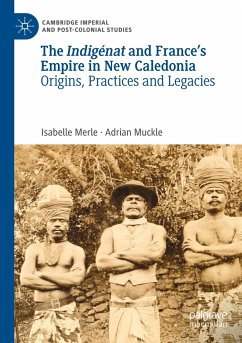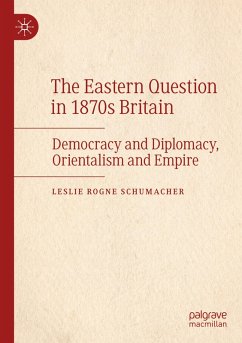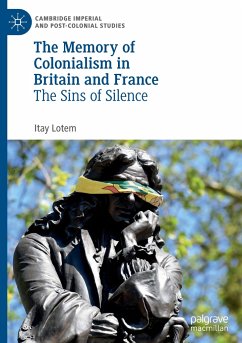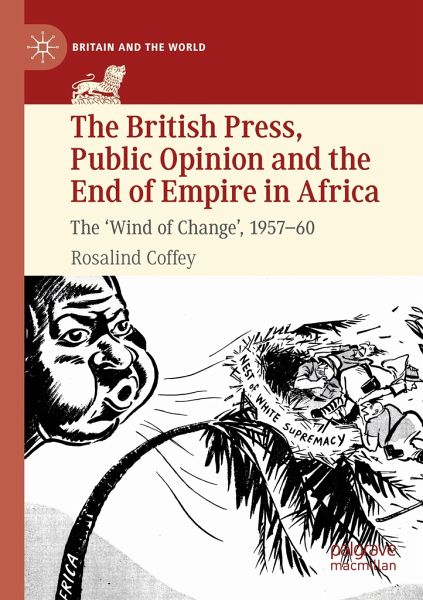
The British Press, Public Opinion and the End of Empire in Africa
The 'Wind of Change', 1957-60
Versandkostenfrei!
Versandfertig in 6-10 Tagen
91,99 €
inkl. MwSt.
Weitere Ausgaben:

PAYBACK Punkte
46 °P sammeln!
This book provides fresh insights into how the British press affected both British perceptions of decolonisation in Africa and British policy towards it during the 'wind of change' period. It also reveals, for the first time, the extent to which British newspaper coverage was of relevance to African and white settler readerships. British newspapers informed the political strategies and civic cultures of African activists, nationalists, liberal whites in Africa, the staunchest of white settler communities, and the first governments of independent African states and their opponents. The British ...
This book provides fresh insights into how the British press affected both British perceptions of decolonisation in Africa and British policy towards it during the 'wind of change' period. It also reveals, for the first time, the extent to which British newspaper coverage was of relevance to African and white settler readerships. British newspapers informed the political strategies and civic cultures of African activists, nationalists, liberal whites in Africa, the staunchest of white settler communities, and the first governments of independent African states and their opponents. The British press, British public opinion and British journalists became etched into the lived experiences of the end of empire affecting Anglo-African and Anglo-settler relations to this day. Arguing that the press cast a transnational web of influence over the decolonisation process in Africa, the author explores the relationships between the British, African and settler public and political spheres, and highlights the mediating power of the British press during the late 1950s. The book draws from a range of British newspapers, official government documents, newspaper archives, interviews, memoirs, autobiographies and articles printed in African and white settler papers. It will be of interest to historians of decolonisation, Africa, the media and the British Empire.





